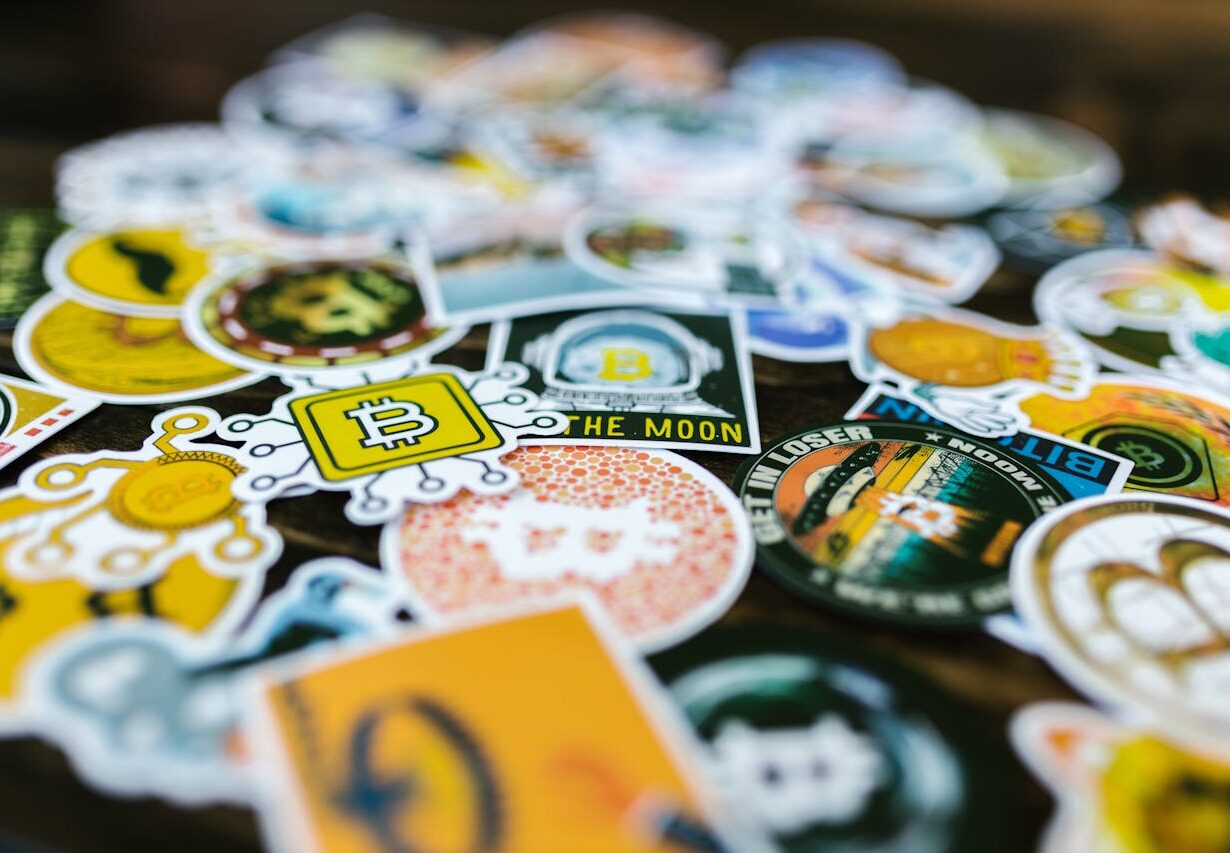Uniswap’s governance token, UNI, soared by as much as 60% following a groundbreaking proposal to revamp the platform’s governance structure. This initiative, spearheaded by Erin Koen, the governance lead at the Uniswap Foundation, is designed to rejuvenate and fortify the platform’s governance mechanisms while rewarding those who stake and delegate their UNI tokens. As a result, UNI price hit a substantial level of $7.30 on Gate.io, further trading to $10 and above.
Erin Koen advocated for a significant enhancement of the platform’s fee strategy to benefit committed UNI token holders. Koen thinks that the protocol should be changed or updated to reward long-term users and stakers.
The Proposal
This proposal is a monumental step for Uniswap, which stands as the preeminent decentralized exchange in terms of trading volume, representing a strategic pivot from the previous year’s efforts to incentivize token holders with accumulated fees. A previous proposition in June to activate fees across several liquidity pools and allocate a portion of the proceeds to token holders was not adopted by the Uniswap community. Subsequently, in October, the exchange implemented a fee of 0.15% for transactions involving key cryptocurrencies like ETH and USDC executed through its platform.
If endorsed by the community through an upcoming vote, this comprehensive proposal would facilitate an automated, unrestricted collection of protocol fees, which would then be equitably shared among UNI token holders who have not only invested in the tokens but also engaged in the governance process through staking and voting delegation.
Following the announcement of this proposal, the trading price of UNI surged to $12, marking an almost 60% increase within a 24-hour period and achieving its highest valuation since April 2022. This impressive rally significantly outstripped the performance of bitcoin (BTC) and the overall CD 20 Index, which remained relatively unchanged.
What is Uniswap?
Uniswap is a pioneering decentralized finance (DeFi) platform known for facilitating the exchange of cryptocurrencies without the need for a traditional centralized intermediary. It operates on the Ethereum blockchain, utilizing an automated liquidity protocol that allows users to trade directly from their wallets. This approach not only enhances security by reducing the risk of hacking and fraud but also ensures greater transparency and open access.
This of course doesn’t mean that centralised exchanges lack security. In fact, they are considered more secure than self custodial wallets by many key opinion leaders in the blockchain industry. What makes DEXs like Uniswap attractive, is that they can be used by dApps, but that’s a whole other topic, kids. By leveraging smart contracts, Uniswap enables users to swap various Ethereum-based ERC-20 tokens directly, provide liquidity to earn fees, and participate in the platform’s governance through its native token, UNI.
Uniswap’s protocol has been instrumental in democratizing finance by allowing anyone, anywhere, to access its services without any restrictions, making it a cornerstone of the DeFi movement.
How is UNI put to use?
The UNI token plays a critical role within the Uniswap ecosystem, serving as both a governance token and a means of incentivizing participation. As a governance token, UNI grants its holders the power to vote on key proposals that shape the platform’s development, policies, and future direction, ensuring that Uniswap remains truly decentralized and aligned with the interests of its community.
Beyond governance, the UNI token is also used to reward users who provide liquidity to the platform, pushing for a more robust and efficient trading environment. This dual purpose not only encourages active engagement and investment in the Uniswap protocol but also enhances its overall security and effectiveness by distributing decision-making power and financial rewards among its users. Through these mechanisms, UNI acts as a tool in Uniswap’s efforts to innovate and expand the DeFi space, making it an essential asset for participants in the decentralized finance ecosystem.
UNI token price history
UNI has experienced significant fluctuations in its price history, reflecting the volatile nature of the cryptocurrency market. From its inception, UNI has seen periods of rapid growth as well as declines, with its price being influenced by broader market trends, platform updates, and changes in the DeFi ecosystem.
In early 2021, UNI price reached a high of $42, reflecting a peak period for the DeFi sector. However, like many cryptocurrencies, it faced corrections thereafter. Throughout 2022 and 2023, UNI’s price underwent various fluctuations, indicative of the market’s response to regulatory news, investor sentiment, and developments within the Uniswap platform itself. Specifically, 2022 saw a significant drop in its price, but there was a modest recovery over the year, showcasing the resilience and enduring interest in the Uniswap protocol.
The beginning of 2024 marked another interesting phase for UNI, with notable price movements that once again highlighted the dynamic and responsive nature of its market value to developments both within the Uniswap ecosystem and the wider cryptocurrency and DeFi markets.


Leave a Reply